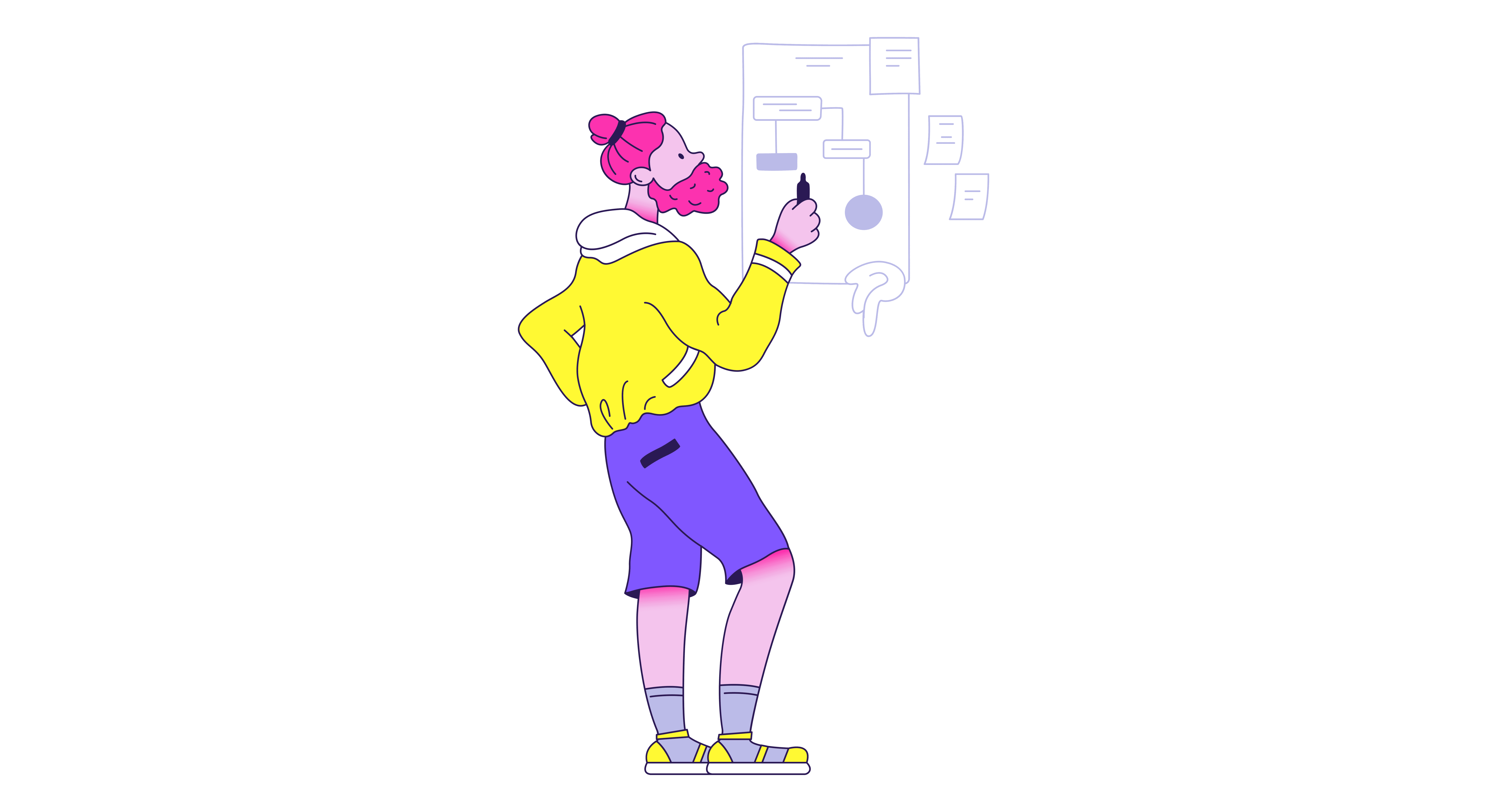Becoming a better product designer

Product designers are often smart, talented people who produce eye-catching, worthwhile, and saleable goods. But sometimes, it’s possible to spend huge amounts of time on something that isn’t right or doesn’t work as intended.
Here are some learning from my years as a product designer.
You are not the audience
Going out of your comfort zone is important. You're not the only person who will use the product. Not everyone uses the same device and browser you do. Understanding different use cases help in building a better product. You don’t have to be your target audience to design a great product.
Copying industry standards
When copying industry standards or leaders, don't just blatantly duplicate them. Understand the root cause of why something works (or doesn't), so you can adapt it to your problem and build great experiences.
Know your users
Like I said before, you build products to solve someone else's problem.
If you want to build something that will make people stop what they're doing, you need to constantly be aware of their needs.
Ship early, ship often
Most of us are perfectionists, but it can hurt if you spend months on a project and it doesn't just work. Debates about new functionality and ideas are rarely solved quickly through discussion internally. What usually leads to a clear decision and an agreement are facts and real user feedback.
The quicker you can put a real feature in front of real users and ask them real questions and track real usage, the quicker you can make a decision to kill, improve, or completely change said feature. Ensure when a feature is shipped that the key interactions are tracked.
Learning to say "no"
Embracing the idea that everyone on the team brings their own specialty and point-of-view will allow you to create a solid product that has been checked from all sides. But taking feedback from everyone and choosing to implement it all will hurt. You have to say "no" to keep the product's vision alive. Start with a clear purpose for the problem you're trying to solve. It will be easier to filter the feedback.
Practise makes perfect
You don't get skills overnight. The more use cases you see, the better you get at recognizing patterns. The better designer you become.
So keep designing. Keep learning.